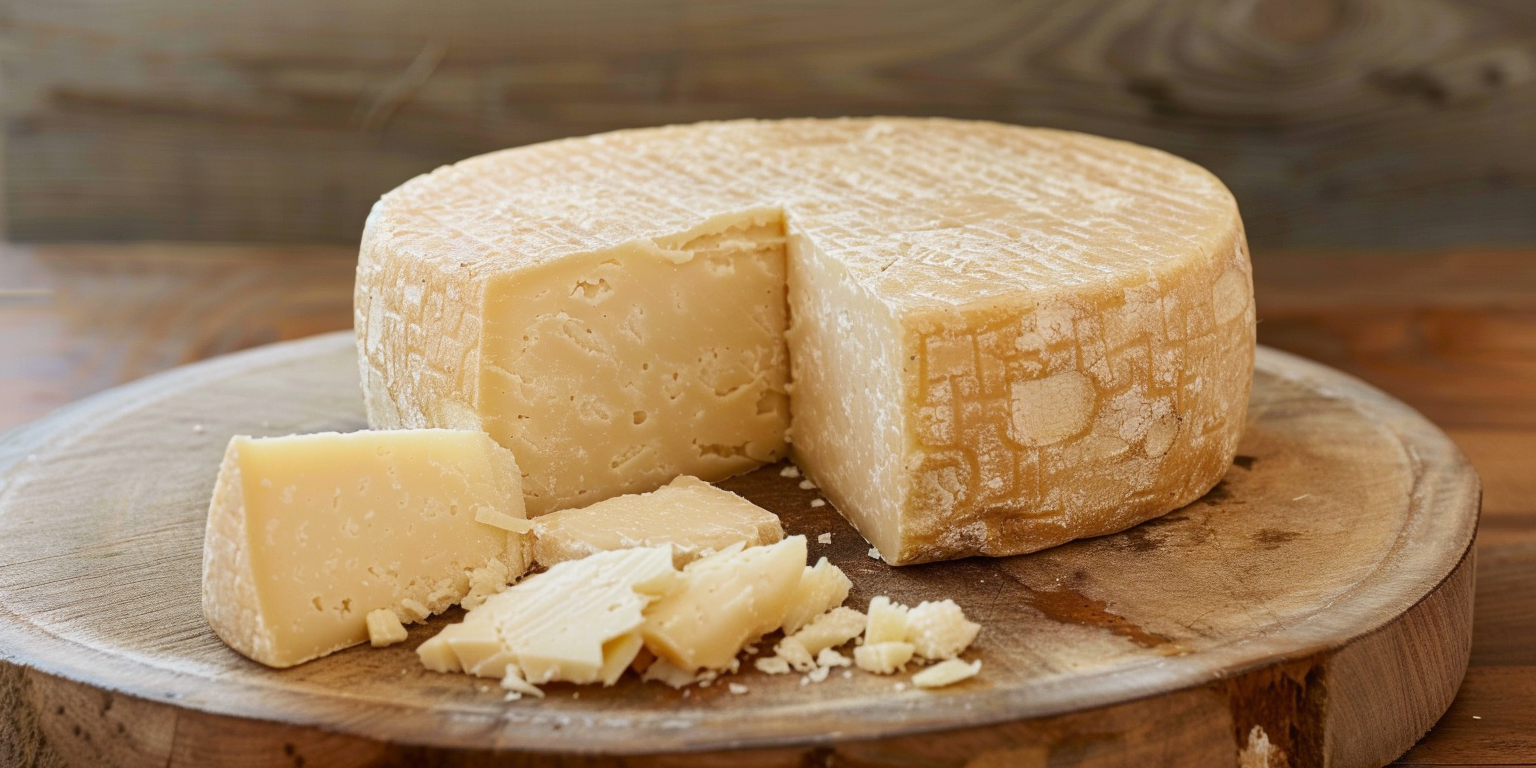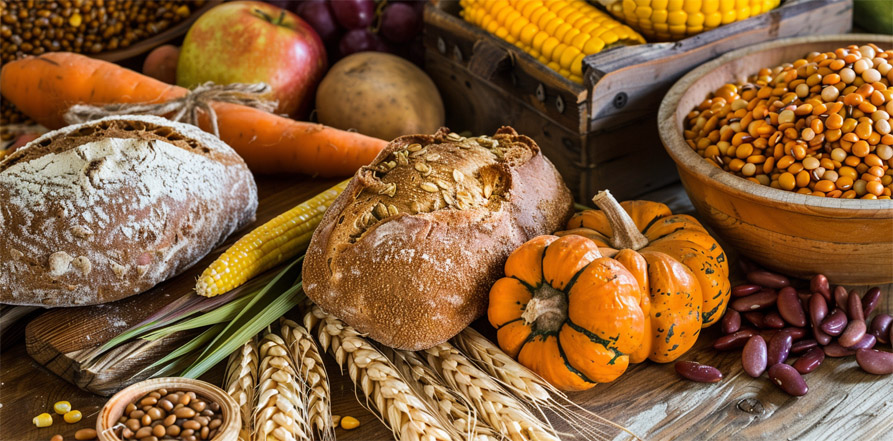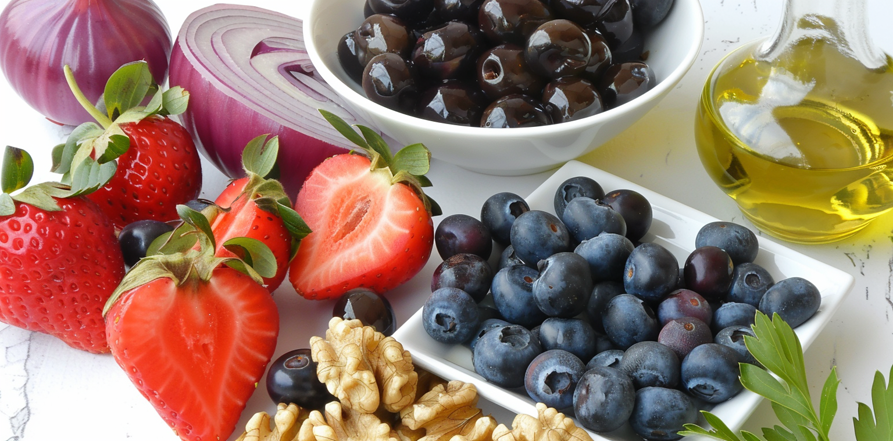by Donnie Yance
As someone with deep Calabrian roots, eggplant isn’t just a vegetable in my kitchen—it’s practically family! Calabria is found in the “toe” of Southern Italy’s famous boot-shaped peninsula. My Italian ancestors knew what modern science is only beginning to understand: this humble purple fruit (yes, botanically it’s a fruit!) is a nutritional goldmine that deserves a starring role on your plate. My personal obsession? Eggplant rollatini, a dish I prepare so often my friends have started calling me the “Rollatini King”!
Although most of us refer to eggplants as vegetables, they’re technically a fruit, as they grow from a flowering plant and contain seeds. They are from the Solanaceae (Nightshade) family and are cousins to tomatoes, potatoes, and peppers.
Continue reading “The Amazing Eggplant: My Calabrian Heritage’s Purple Powerhouse!”




